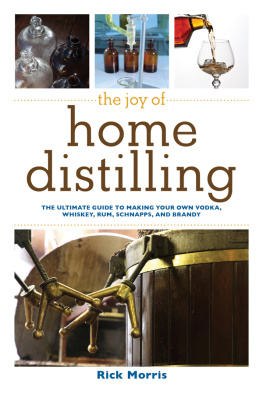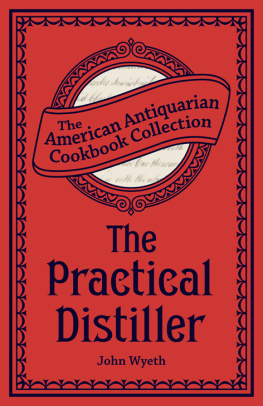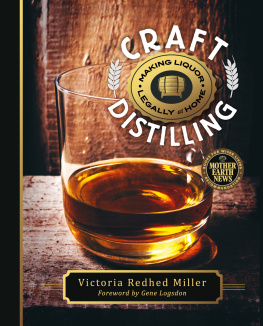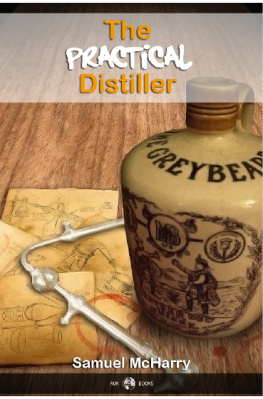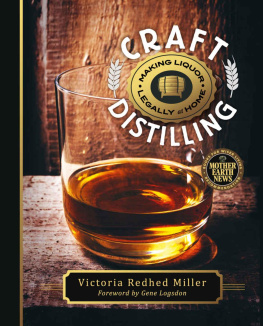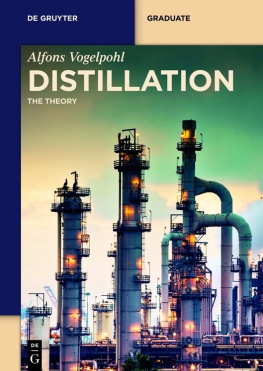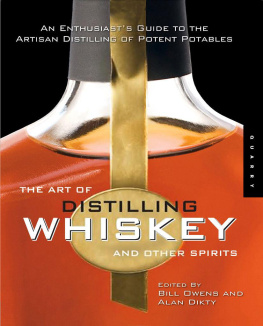Copyright 2014 by Rick Morris
Photos copyright Rick Morris unless otherwise noted
Photos on pages 4, 12, 14, 30, 50, 62, 63, 100, 103, 119, 144, 158, 159, 163, 167, 175, 181, 182, 183, 184, 185 ShutterStock
Photos on pages 5, 27, 31, 40 ThinkStock
All rights reserved. No part of this book may be reproduced in any manner without the express written consent of the publisher, except in the case of brief excerpts in critical reviews or articles. All inquiries should be addressed to Skyhorse Publishing, 307 West 36th Street, 11th Floor, New York, NY 10018.
Skyhorse Publishing books may be purchased in bulk at special discounts for sales promotion, corporate gifts, fund-raising, or educational purposes. Special editions can also be created to specifications. For details, contact the Special Sales Department, Skyhorse Publishing, 307 West 36th Street, 11th Floor, New York, NY 10018 or .
Skyhorse and Skyhorse Publishing are registered trademarks of Skyhorse Publishing, Inc., a Delaware corporation.
Visit our website at www.skyhorsepublishing.com.
10 9 8 7 6 5 4 3 2 1
Library of Congress Cataloging-in-Publication Data is available on file.
Cover design by LeAnna Weller Smith
Print ISBN: 978-1-62914-586-0
Ebook ISBN: 978-1-63220-011-2
Printed in China
CONTENTS
Dedication
The Joy of Home Distilling is dedicated to all those wiser than I, who took the time to teach me along my journey, and to all of those who may in turn learn from this book so that they may continue to pass this knowledge on to others.
I especially wish to thank my wife, Dawn, for her never-ending support and willingness to follow me down every path that I take, regardless of where it leads. Without her support, this book would not have been possible.
Introduction
What is distillation?
THE COMMON MISCONCEPTION about distilling is that it actually creates something. Many people who do not fully understand the process believe that when you distill a liquid, a new product is created in the process. This is not at all the case. By definition, distillation is simply a means of purifying a liquid by boiling the liquid and then condensing the vapors. Therefore, if the product that you wish to collect is not present in the liquid that you are going to distill, you will not be successful in your endeavor. This is true regardless of what you wish to distill, be it water, vinegar, fuel, perfume, or alcohol. The purpose of distilling is to separate the vapors to collect only the part or parts that you want. So, in reality, distillation is nothing more than a method of purification by boiling a liquid to separate the pieces that it is made up of, collecting those that you want, and discarding the remainder. This is possible because the individual compounds boil at different temperatures, and therefore we can be rather precise in what we are collecting.
Because it is so effective, distillation is used to produce many products, including water, fuel, vinegar, perfume, essential oils, pharmaceuticals, and, of course, alcohol. Naturally, ones mind seems to immediately jump to alcohol when we mention distillation. Tell someone that you have a still, and you will often invoke a response confirming this belief. It is truly magical how a persons mind immediately assumes that you mean alcohol distillation when you say the word still. Virtually never do you hear in response, Oh, you distill water? or the myriad of other distilled products that you could have been referring to. No, a person immediately envisions an old copper still back in the woods, with an aged man (complete with gray beard and denim overalls) standing beside a copper coil while clear liquor drips into a gallon jug. Yes, this still goes on back in the hills, but it is not what you were referring to. You were referring to far more refined equipment and the hobby that is akin to home beer- and winemaking, not a for-profit illegal enterprise. For our purposes, we will also focus on the distillation of alcohol and, more specifically, small production, or hobby distilling.


Serious home distilling hobbyists may eventually gather the equipment and know-how necessary to build a small commercial system, such as this, to make their distillations.
So, now you know the basics of what distillation is and that you need alcohol present in the liquid that you intend to distill if you expect to collect any of it as a result of the process. But how do you create that alcohol in the first place? Alcohol is created through a process called fermentation, which is the same process used for making beer and wine. However, in the case of beer or wine, it is not put through the additional step of distillation. After the fermentation of wine or beer, it is generally cleared (to remove all yeast and other particles floating in the liquid), possibly aged, and then bottled. In the case of spirits such as vodka, rum, or whiskey, that fermented liquid, or wash, as it is commonly called, is distilled. But if fermentation is how alcohol is created, why do we bother to distill it at all? The fermentation process is only able to reach rather low alcohol percentages, which is suitable for beer and wine, but due to the limitations of yeastthe magical little creature that makes the alcohol for usit is not possible to achieve more than around 18 percent alcohol by volume (the percentage of a liquid that is alcohol). This will simply not do for virtually any alcoholic beverage other than beer or wine. Therefore, to increase the percentage of alcohol, we need to separate the alcohol from the water and other components in the wash. This is most effectively done through distillation. So creating spirits is really a two-stage processfermentation followed by distillation.
Is home distilling legal?
Next begs the question, is this legal? In most countries in the world it is legal to make wine and beer, however, it is not legal in many countries to distill alcohol for personal use. However, beyond that, the laws on home distilling vary greatly from country to country, and in some cases, even laws from individual states or provinces in a country may be at odds with a federal law regarding distillation. You may notice that I did not say alcohol distilling. This is for good reason. The vast array of laws in different countries ranges from it being illegal to so much as possess equipment capable of distilling alcohol (which would be very difficult to enforce, unless you make stock pots and mixing bowls illegal, but more on that later) to being entirely legal to distill alcohol at home for personal use. Some countries may not even necessarily disallow hobby alcohol distillation, but simply have no law that covers it. Obviously, we cannot even begin to offer a list that would cover every country in the world, and if we tried, the list would likely be out of date as quickly as a new computer, as laws can and do change. I will, however, cover a few of the major countries where hobby alcohol distillation appears to be very much gaining interest, if not legal ground.


